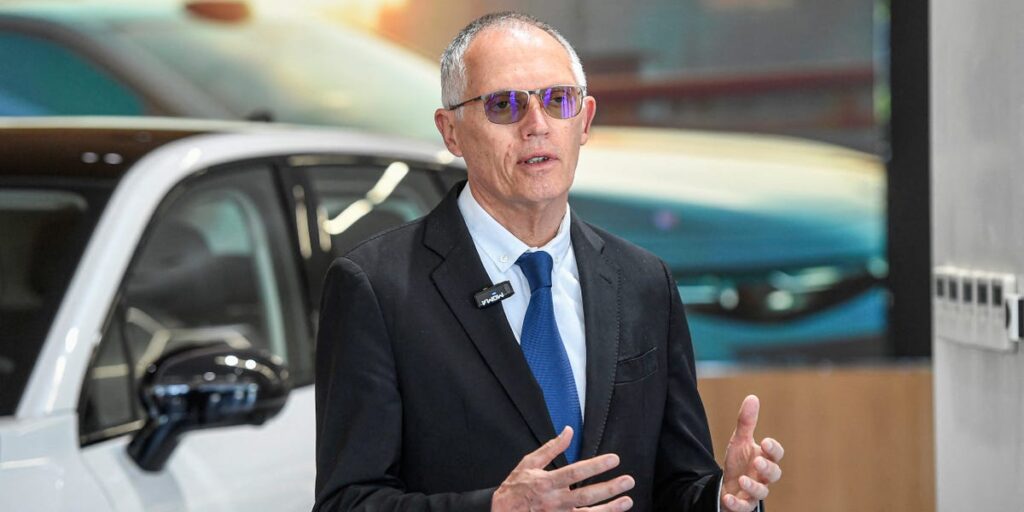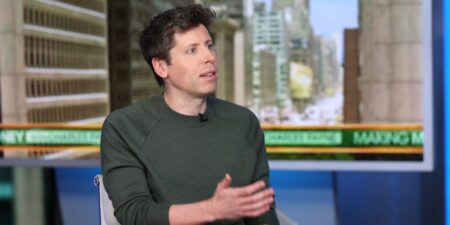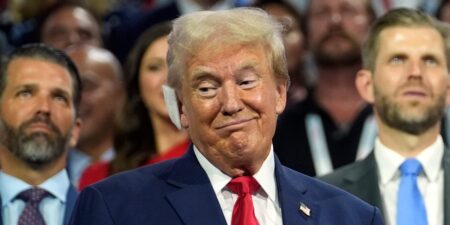- Stellantis CEO Carlos Tavares says automakers will have a tough time if the EV transition slows.
- This is because automakers will have to invest in both EVs and combustion-engine vehicles, he said.
- “Making a transition for EVs longer is a big trap,” Tavares said.
Automakers will find themselves in a “big trap” if the industry’s transition toward electric vehicles slows down, Stellantis CEO Carlos Tavares said on Monday.
Tavares was speaking to the Financial Times on the sidelines of the Paris Motor Show when he weighed in on the EV transition.
“Making a transition for EVs longer is a big trap,” Tavares said.
This is because automakers will have to wrestle with higher costs as they have to invest in both electric and combustion-engine vehicles, Tavares told the Financial Times.
“When you make a longer transition, in fact, you don’t replace the old world by the new one. You add up the new world to the old,” he said.
The European automaker owns brands like Chrysler, Fiat, Jeep, Maserati, and Peugeot.
It’s also invested in what it calls a “multi-energy platform.” On social media, the company advertised this as a single chassis that “can power gasoline/diesel (or internal combustion engines), hybrid, plug-in hybrid, hydrogen or electric vehicles.”
Representatives for Tavares at Stellantis didn’t immediately respond to a request for comment from Business Insider sent outside regular business hours.
The Stellantis chief’s remarks come amid plunging EV sales across Europe.
According to the European Automobile Manufacturers’ Association, EV registrations fell by nearly 44% in August, compared to the same month a year ago.
The dip was mainly driven by Germany, which saw a 69% decline in EV registrations.
William Roberts, automotive research lead at battery consultancy Rho Motion, told BI’s Tom Carter in September that the German government’s decision to phase out subsidies in December severely dented consumer sentiment for EVs.
Dylan Khoo, an analyst at technology intelligence firm ABI Research, told BI’s Carter that the cooling demand for EVs was also because of the lack of affordable models in the EU.
“There are only a handful of models that you could really say are mass market, and even those are quite a bit more expensive than their gasoline counterparts,” Khoo said.
To be sure, Western automakers face both slowing demand and the challenge of steep competition from their Chinese counterparts.
According to data compiled by the technology firm ABI Research for BI, Chinese automakers accounted for 70% of the EV market in Thailand and 88% in Brazil in the first quarter of this year.
Several auto chiefs have raised concerns about the rise of Chinese automakers. Take BYD, one of Tesla’s key rivals in the EV business.
Ford CEO Jim Farley told a board member that he viewed the Chinese auto industry as an “existential threat” following a visit to China in May, The Wall Street Journal reported on September 14.
On October 2, Mercedes-Benz CEO Ola Källenius told attendees at the Berlin Global Dialogue conference that the Western auto industry was fighting an existential battle against their Chinese rivals.
“It’s strange. It’s a Darwinistic-like price war, market purification. And many of those players that are around now. Many of those are not going to be around five years from now,” Källenius said.
Read the full article here
















